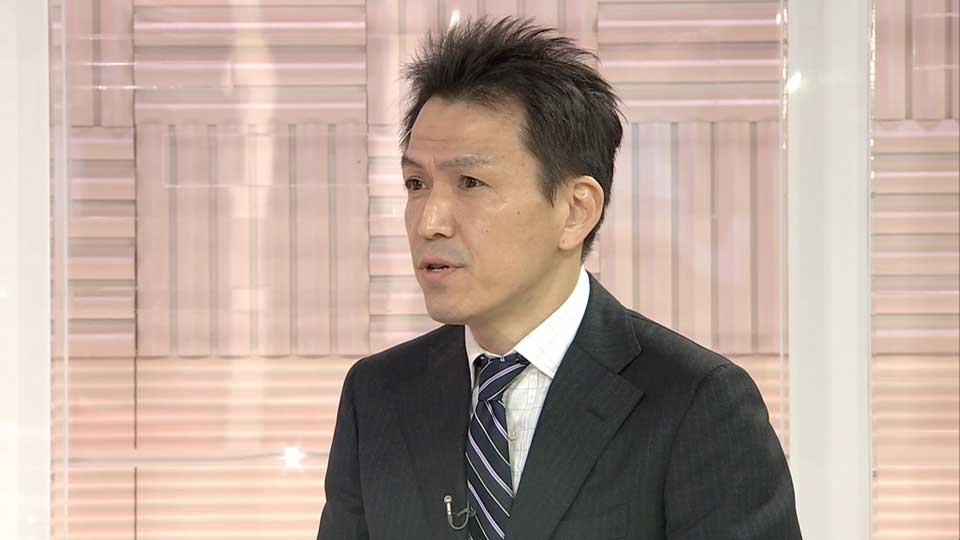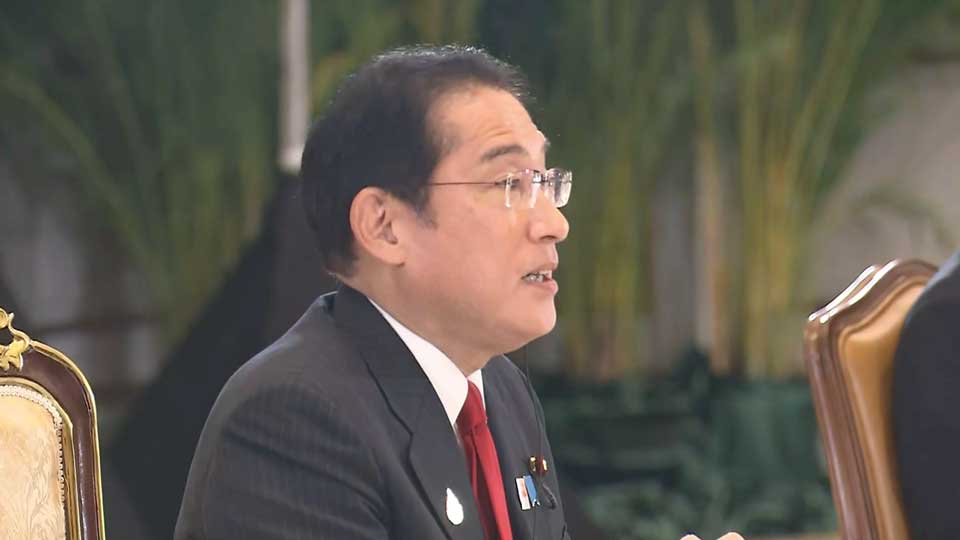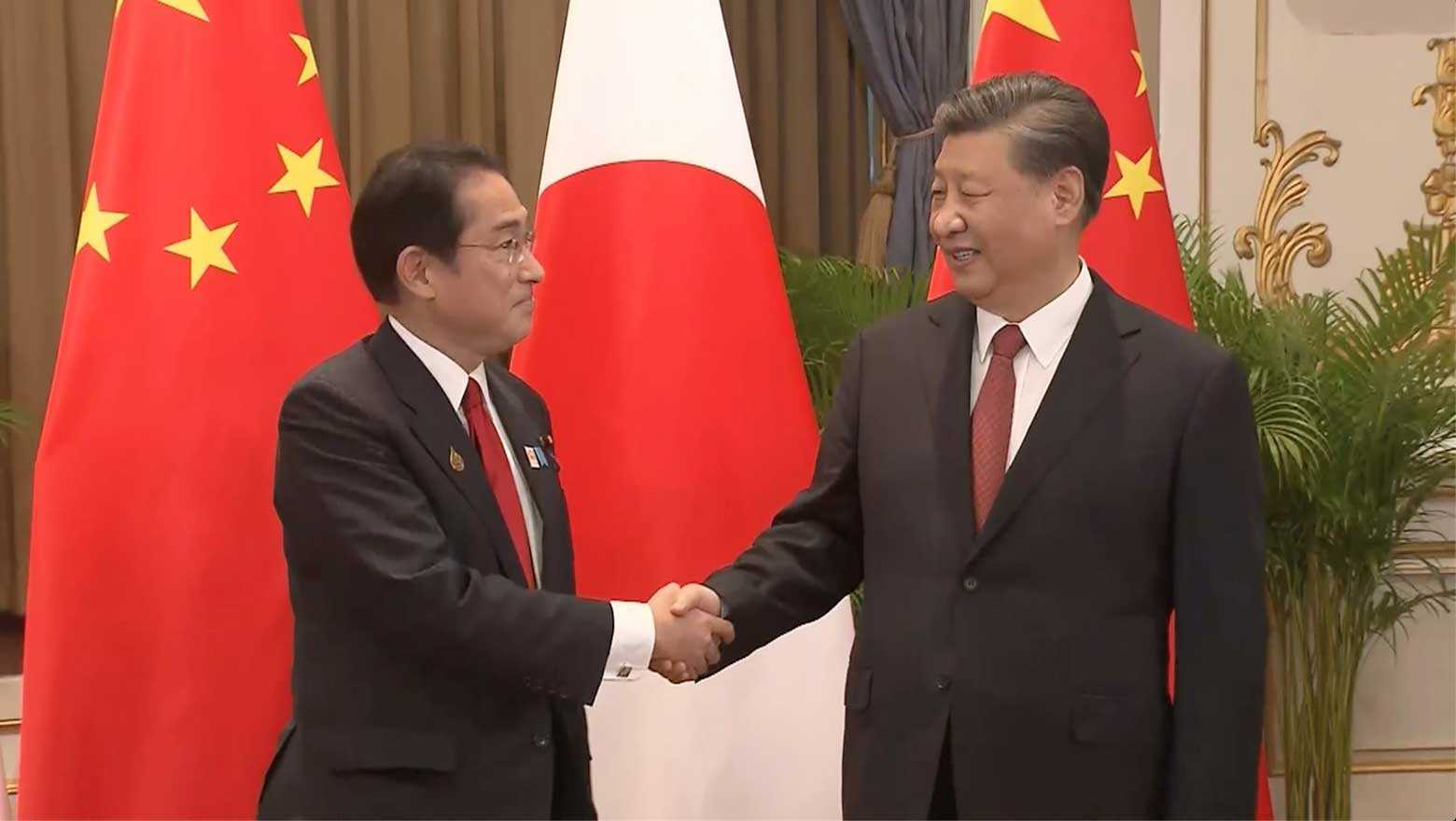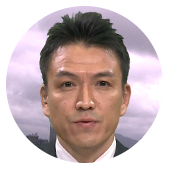(The following is a transcript of an interview aired on November 18, 2022)
YAMAGUCHI HIROAKI : Naoki, the leaders were all smiles in front of the cameras. What can we glean from that?
MAKITA NAOKI : Well, they were trying to put a positive posture on display... despite having so many differences on sensitive issues. President Xi's big smile during the handshake actually has important meaning in Chinese politics. It shows his intention to improve ties with Kishida.
As for what they talked about... Xi stressed the two country's economies are interdependent. He called for them to cooperate on things like the digital economy and supply chains. He also urged Japan to pursue its own national interests...apparently with the US in mind.
China's strict "zero-COVID" policy has slowed the economy... and the future does not look rosy because of its aging population.
On top of that, the US has moved to choke off semiconductor exports to China, which is causing problems for business.
So, Xi apparently wants to prevent Japan from taking the same road as the Americans.

YAMAGUCHI: How much do you think this meeting will ease the tensions between China and Japan?
MAKITA: I don't think it will have an immediate impact. They didn't budge an inch on the issues of the Senkaku islands and Taiwan. Xi continued to insist that he will never allow other countries to interfere in China's internal affairs.
We have to remember this meeting comes after the Communist Party Congress. That's where Xi pledged to push for what he calls reunification with Taiwan...by force if necessary.
And any military action against Taiwan will inevitably involve the US...and its close ally...Japan.
Kishida, meanwhile... has made no bones about criticizing Beijing over its military activities at a series of summits. But he hasn't been able to get Beijing to make tangible concessions.

Japanese officials say they're forced to find a balance between 2 different goals.
One is controlling the rivalry with the superpower. The other is building what Kishida calls "constructive and stable" relations.

